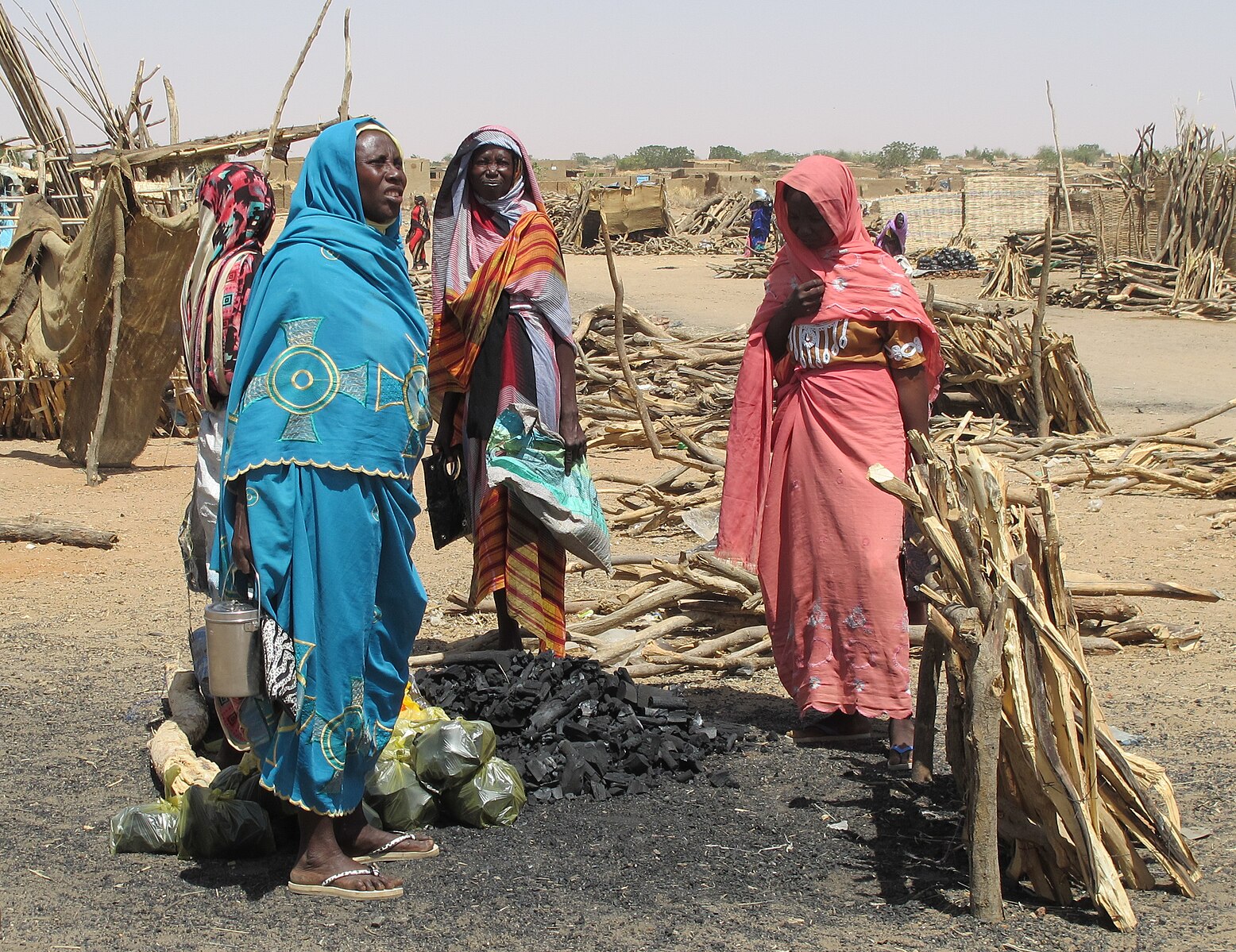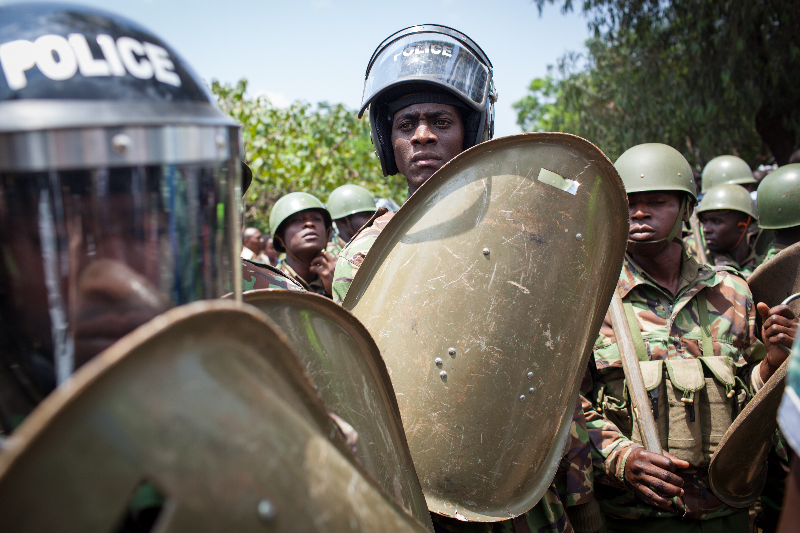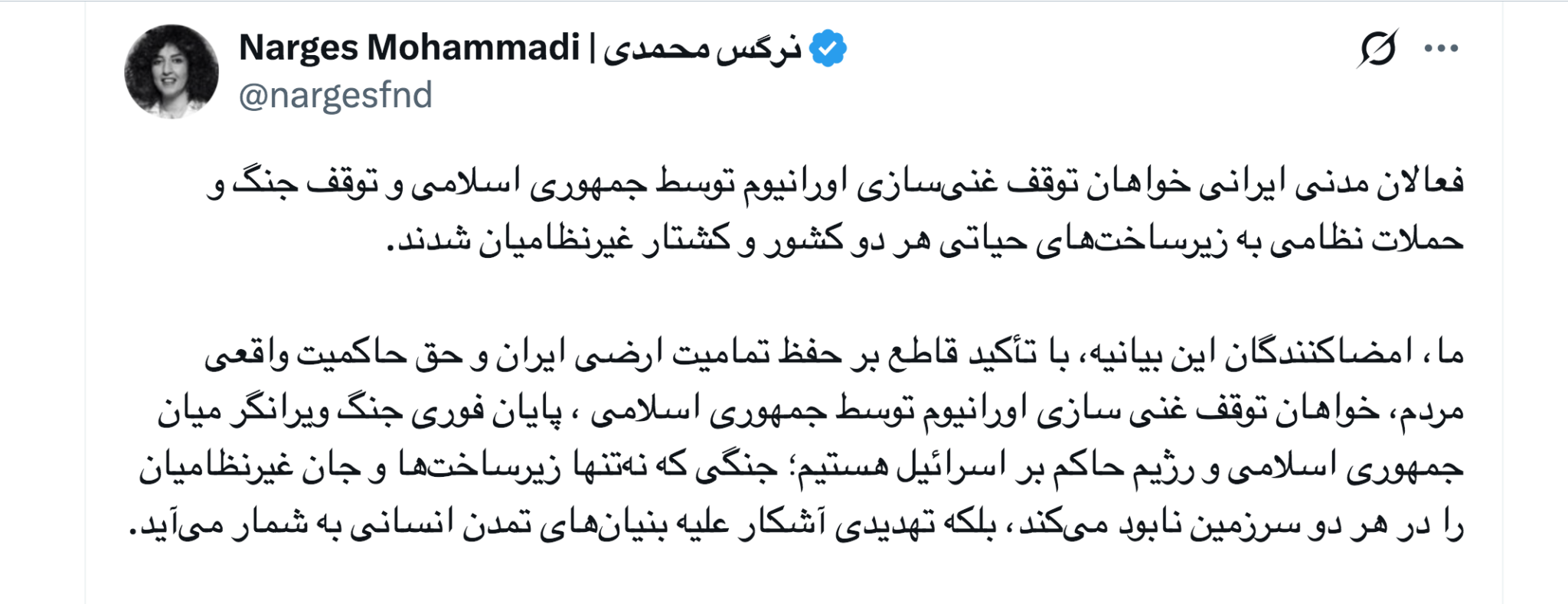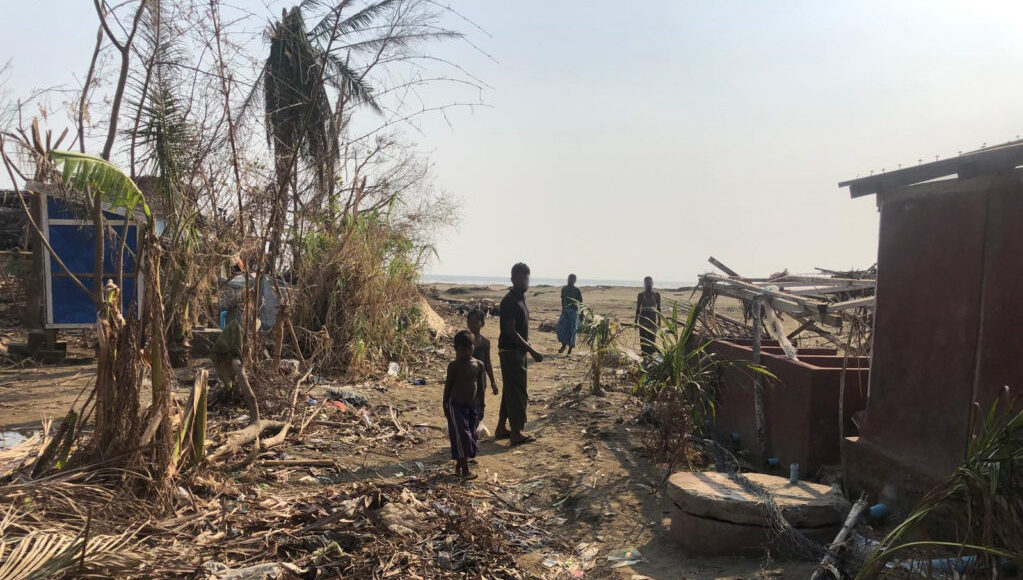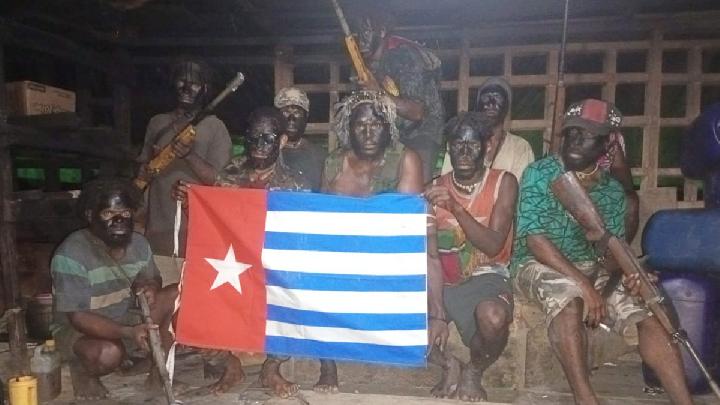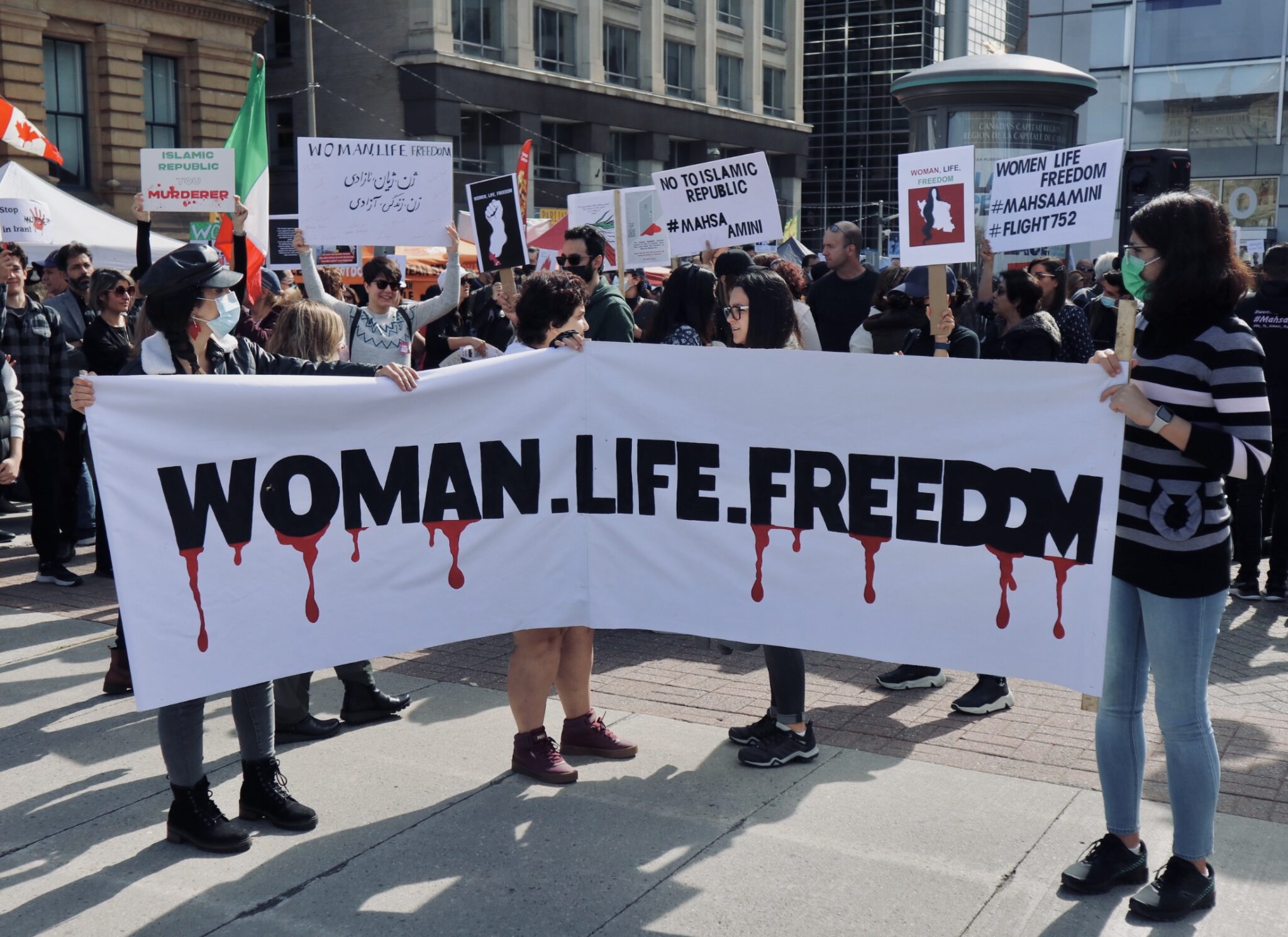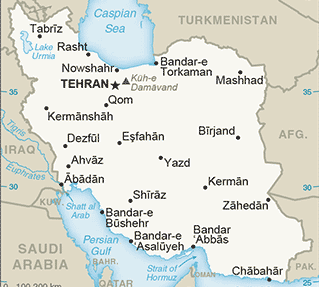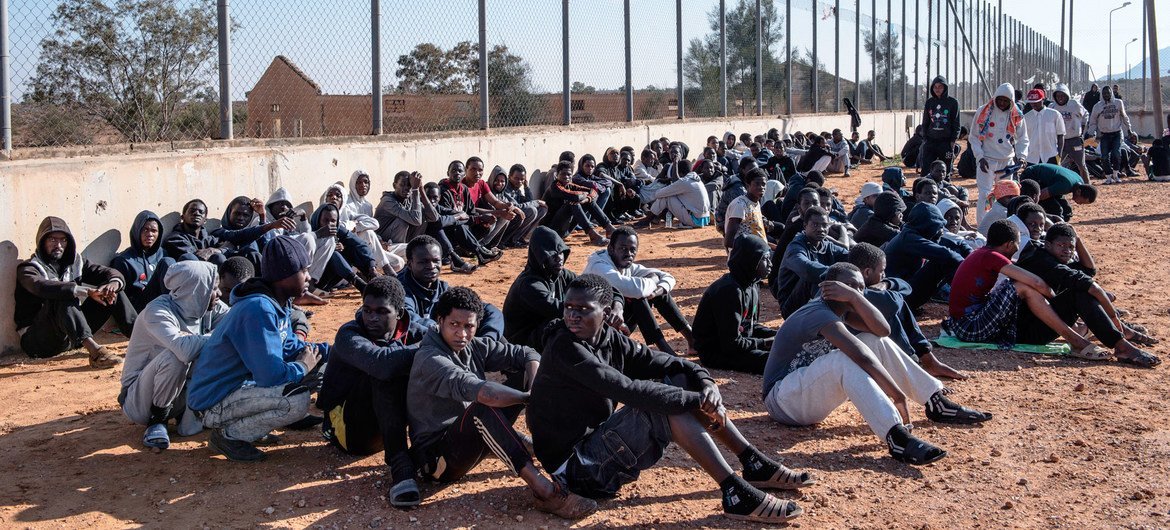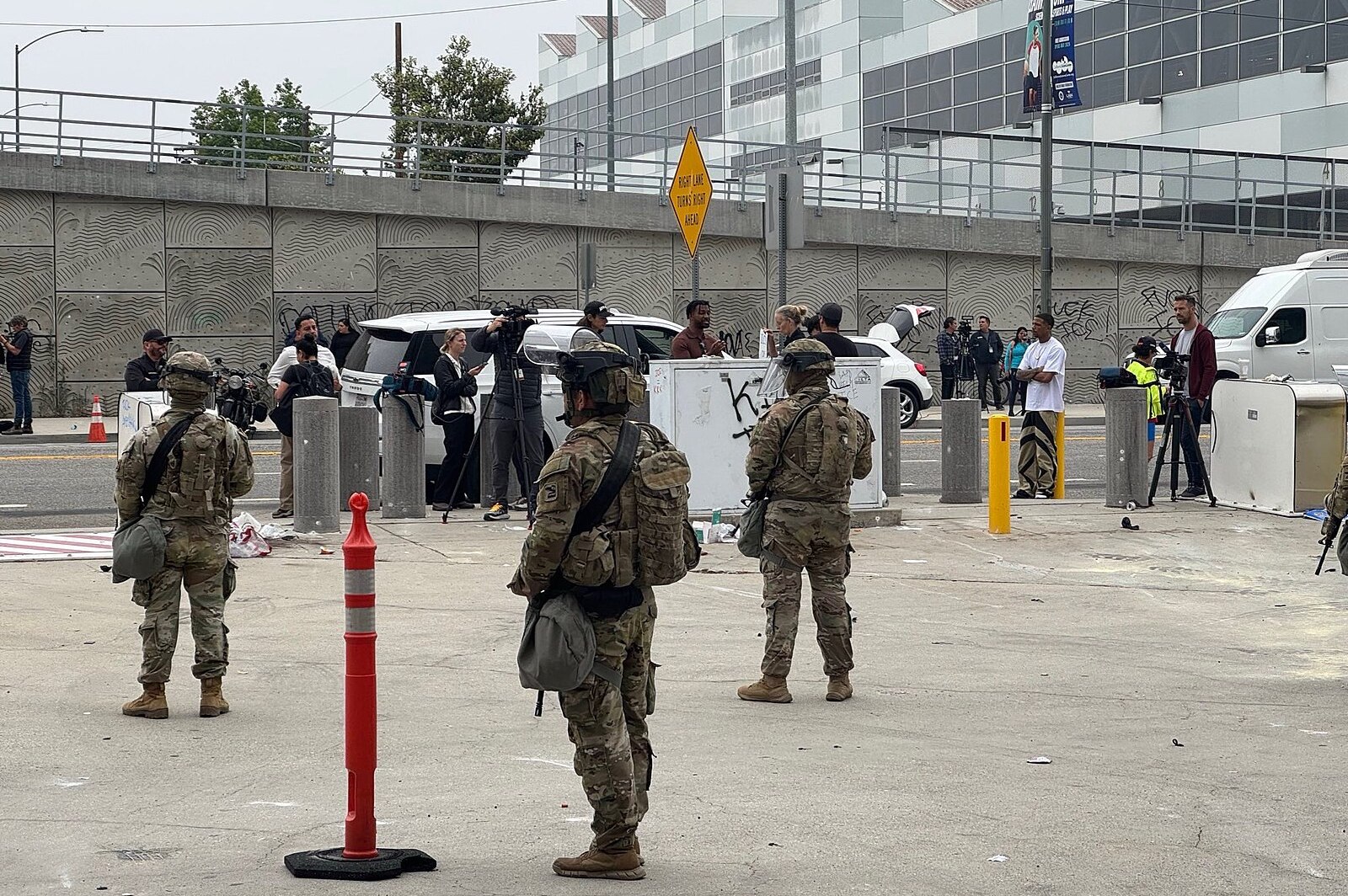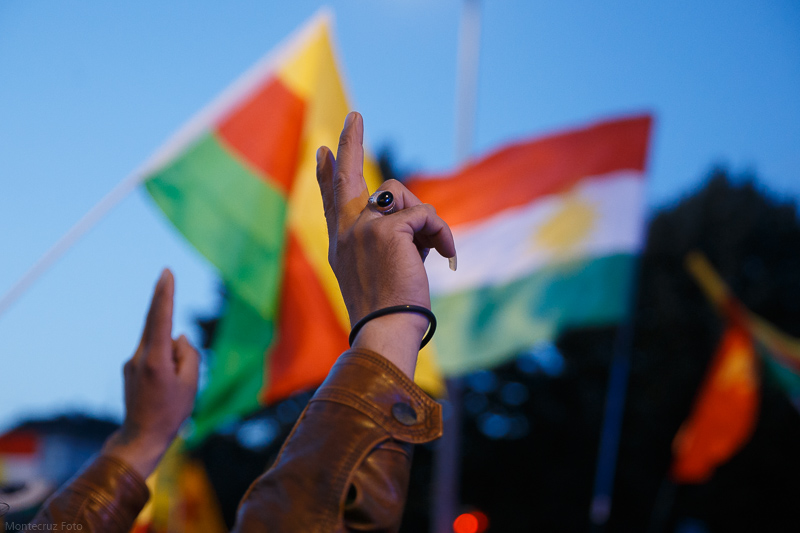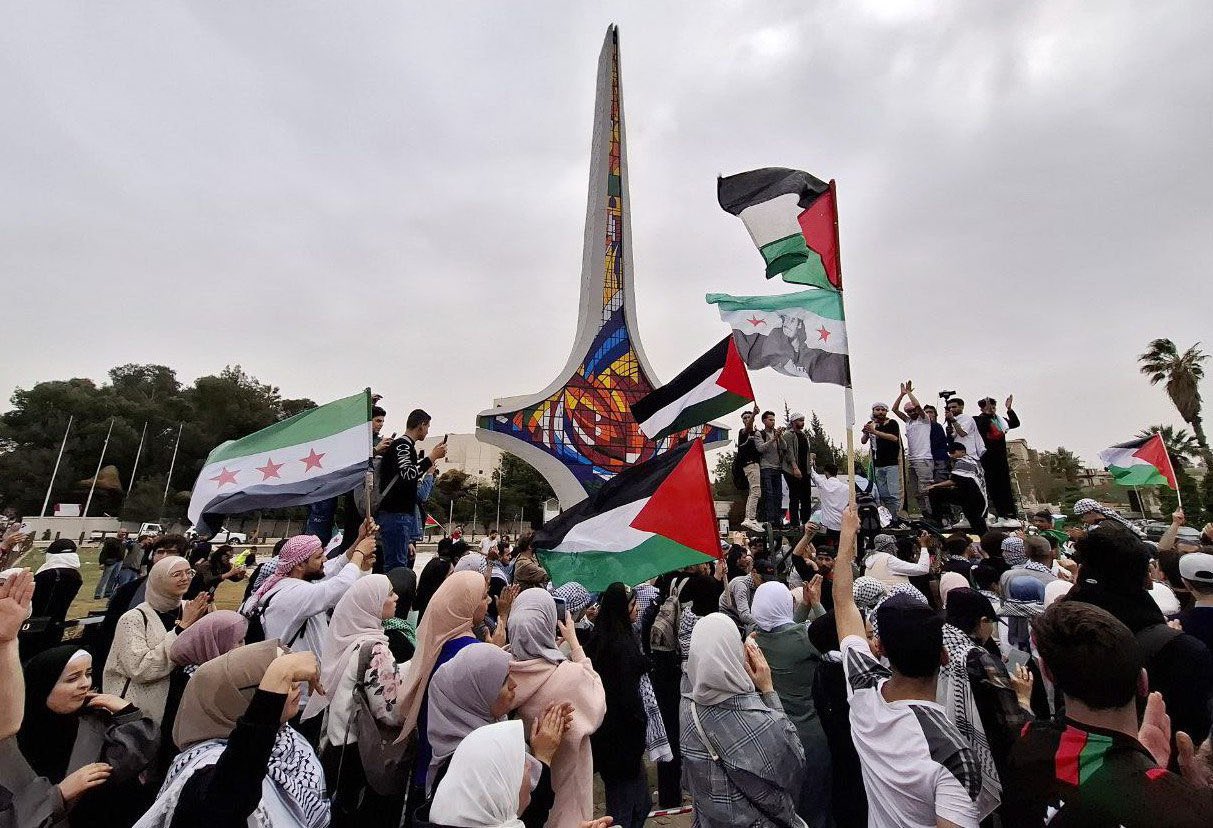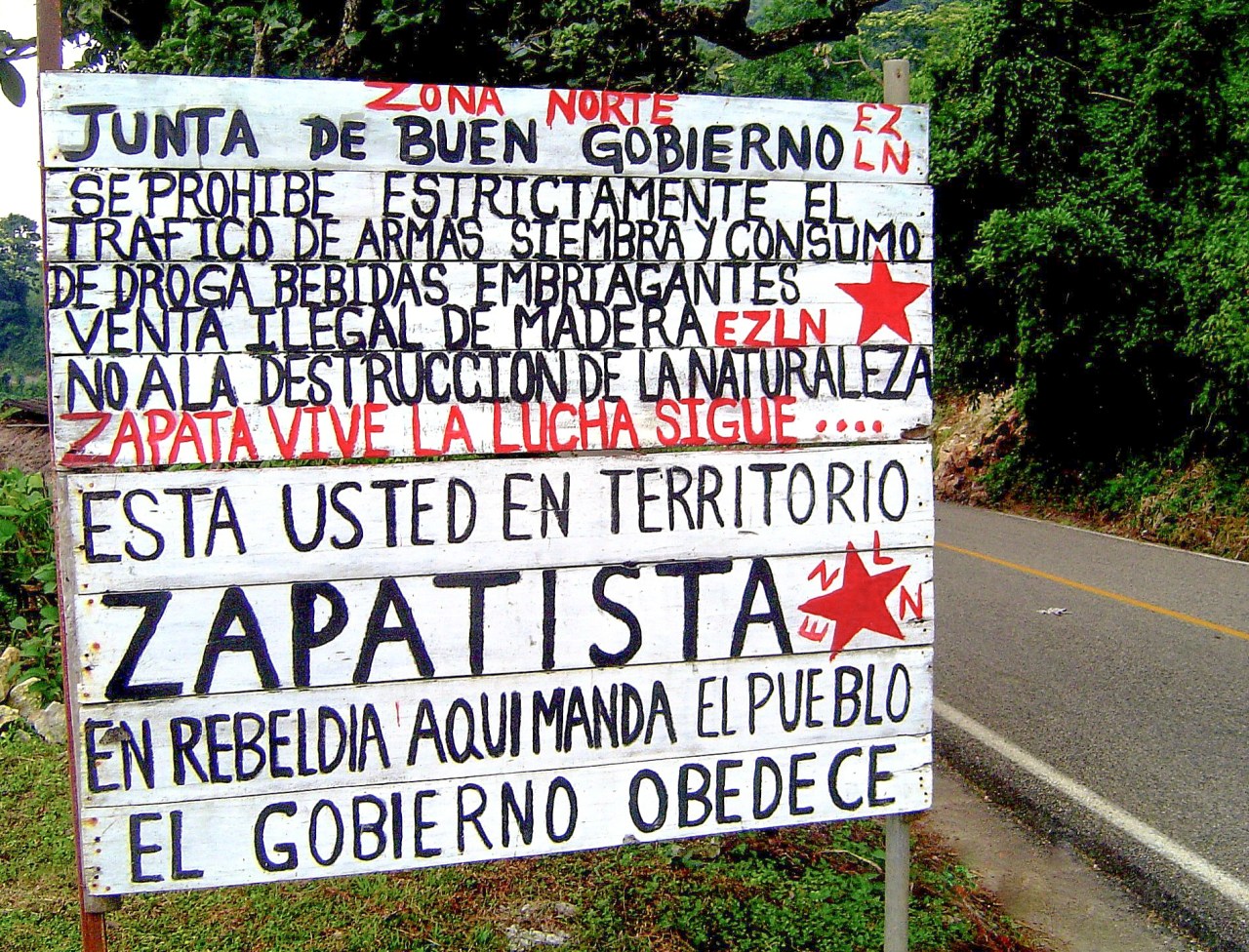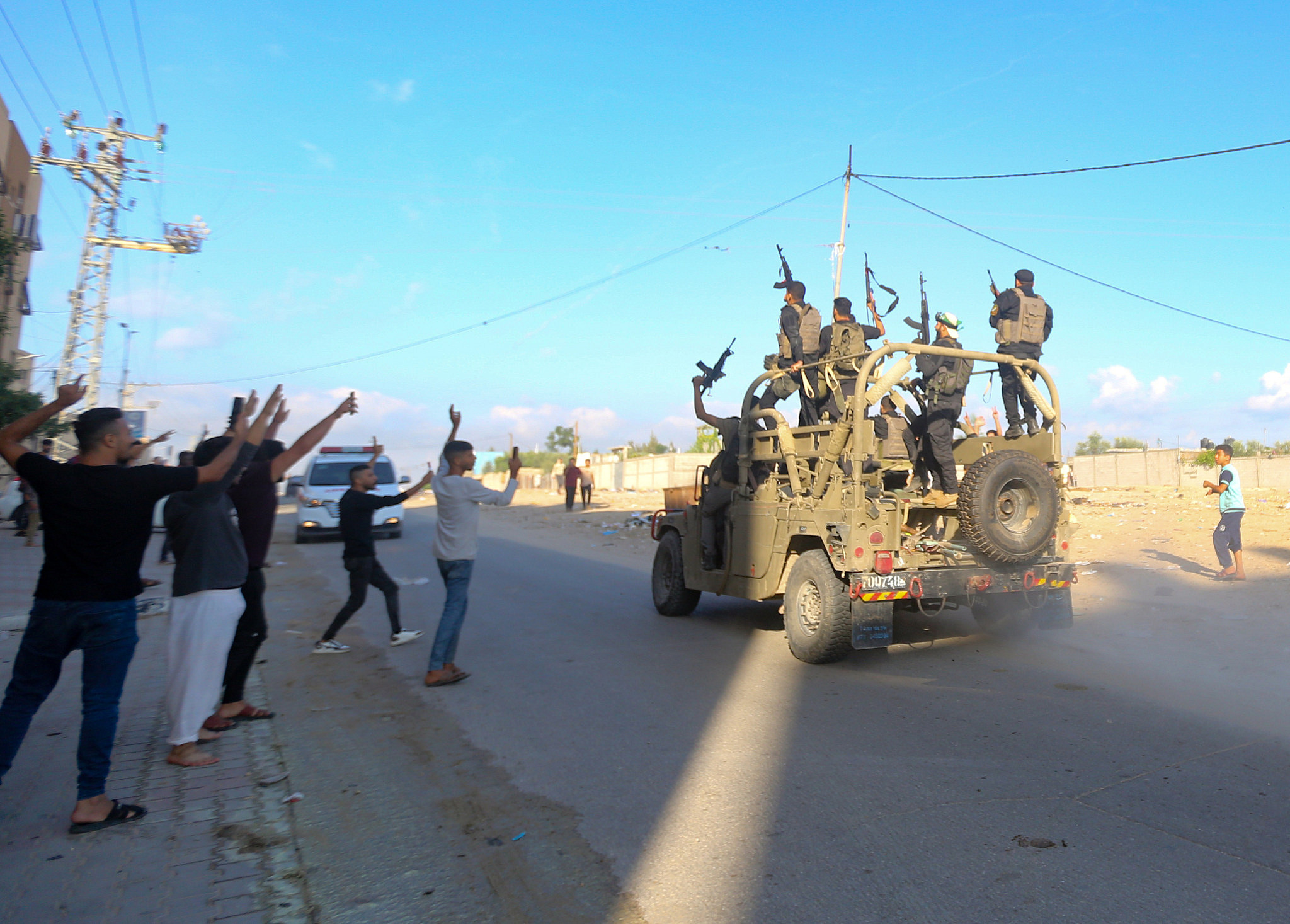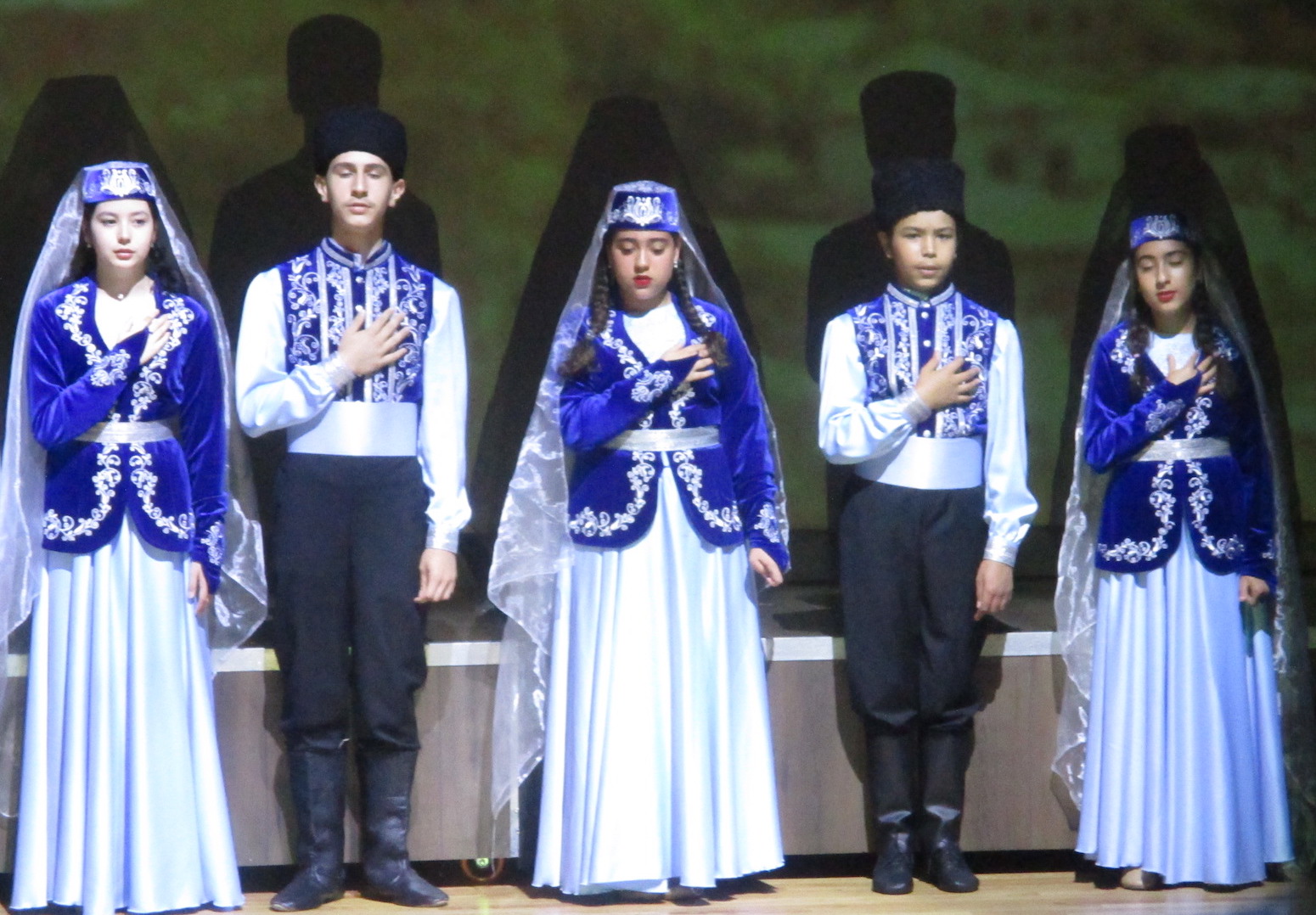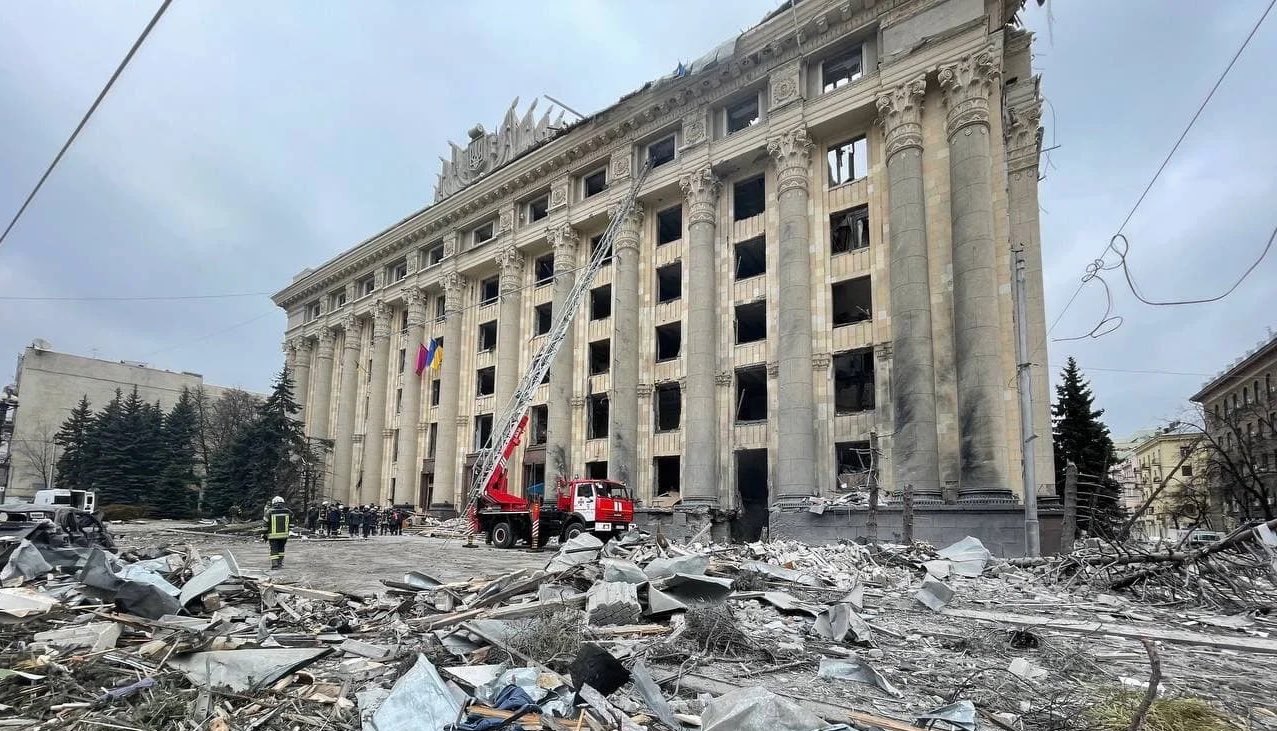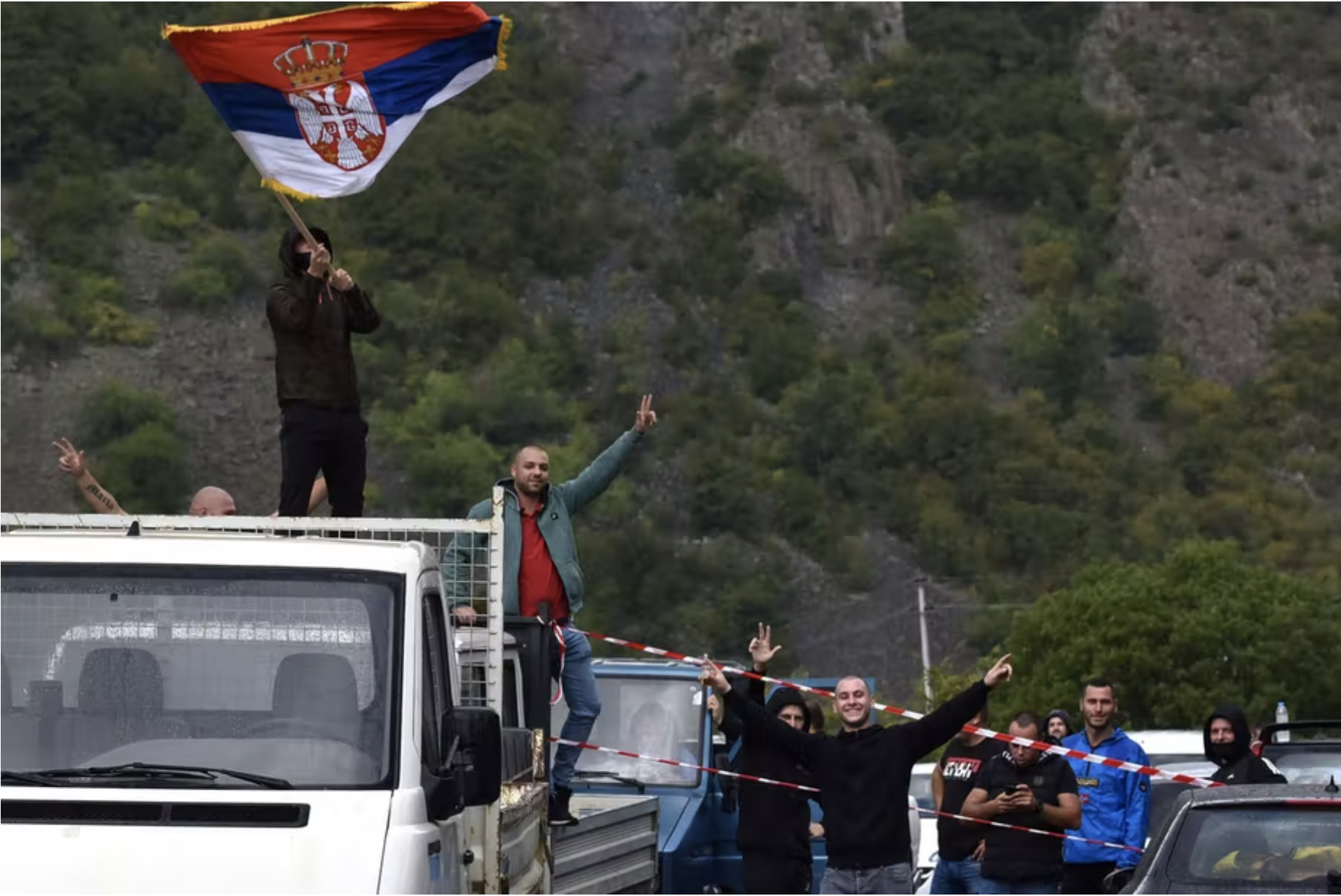
Civilian toll of US bombing in Yemen
A late May ceasefire between Yemen’s Houthi rebels and the US appears to be holding, although Israel and the Houthis are still in conflict, with the latter saying this week that they have joined Iran’s war effort. A new report from casualty monitor AirWars looks at the civilian death toll during the 53 days of “Operation Rough Rider,” when Trump escalated a long-running US bombing campaign in Yemen. The monitor says at least 224 civilians were killed between the operation’s start in mid-March until the May truce, marking a massive escalation from previous US campaigns. If you also include the 258 civilians counted as killed in the previous 23 years of US operations against the Houthis, al-Qaeda, and other groups, it takes the overall civilian toll from US bombing in Yemen to almost 500. (Photo: CENTCOM)



